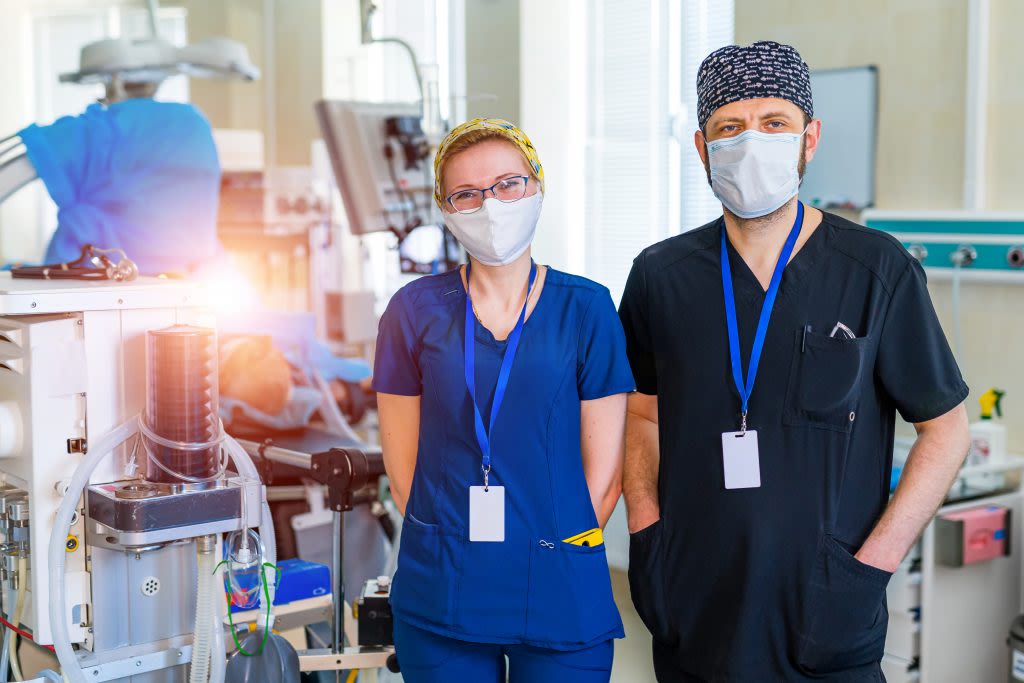
Researchers have developed a new mental health treatment programme to provide frontline workers with 1-to-1 support, including fast-track access to PTSD or depression treatment. This evidence-based programme, called SHAPE Recovery, builds on an outreach programme shown to reduce rates of PTSD and depression.

SHAPE Recovery is working with 3,300 frontline healthcare workers across England and has now been invited to work with 8,000 London Ambulance employees and staff from associated partner organisations.
Around the world, frontline healthcare workers, such as intensive care doctors, nurses, support staff and paramedics, are risking their lives daily to stem the tide of the COVID-19 pandemic. They are at an increased risk of developing mental health problems, such as a severe stress reaction called post-traumatic stress disorder (PTSD) as well as depression, sleep problems and anxiety. Although many hospitals offer well-being initiatives, there is little evidence to support their effectiveness and they require staff to come forward for help.
, said:
SHAPE is based on 15 years of research to examine what predicts PTSD and depression in frontline workers. We used the findings from these studies to create a highly effective support programme to prevent the development of PTSD and depression. SHAPE is the outcome of this work. It is evidence-based, affordable, and with ongoing evaluation could, if needed, be incorporated within NHS services within 12 to 24 months. The aim is to support staff to stay well, to recover if unwell, and to continue to be able to work, providing much-valued patient care.
Associate Professor Jennifer Wild, Programme Lead
SHAPE is unique because it moves the burden of outreach for help from frontline staff to well-being coaches. This means staff don’t have to come forward for help. Instead, they can access 1-to-1 confidential help, independent from their employers, on their phones. In addition, SHAPE facilitates fast access to gold-standard treatment for PTSD and depression should it be indicated.
Data collected from the programme will help Oxford researchers determine:
- the effectiveness of this evidence-based, well-being support compared with no support for reducing symptoms of PTSD, depression, anxiety and sleep problems of frontline staff
- whether early intervention for staff who continue to work during the pandemic leads to their recovery from mental ill health
- potential cost savings of the programme to the NHS and society
Work-related stress has been at an all-time high for my peers due to the current COVID-19 pandemic. Fortunately, though, my weekly calls with my well-being coach have mitigated that stress significantly. For this I am eternally grateful. I feel very lucky to have had all of this support. Thank you Dr Wild and the rest of the team.
Zidan Mozumder, a paramedic who has benefitted from the progamme
The programme has been funded by the COVID Research Response Fund, and the Oxford Health BRC, with additional funding from Brora who have donated £5000 from the sale of face masks.


